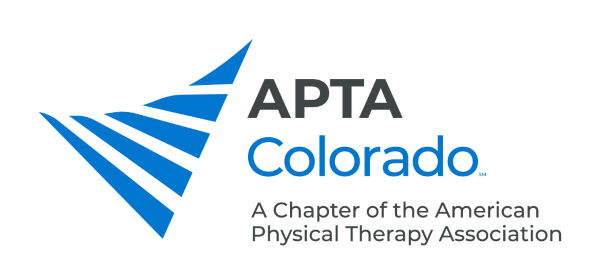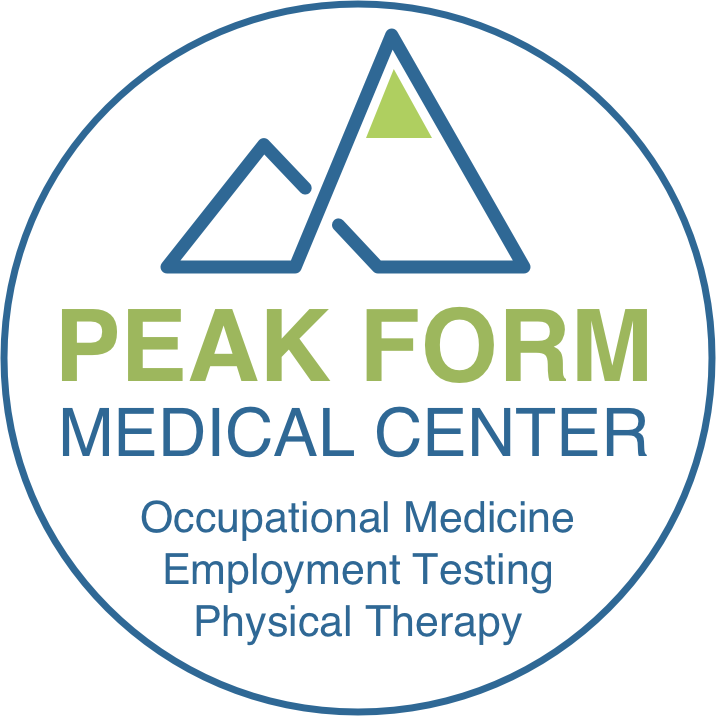APTA Glenohumeral Joint OA Clinical Practice Guideline Now Available
APTA
The Message
Physical therapists and physical therapist assistants now have the first clinical practice guideline designed specifically for the profession on the management of individuals with glenohumeral joint osteoarthritis, or GHOA, and those undergoing total shoulder arthroplasty, or TSA. The CPG, developed by APTA, is the product of a volunteer guideline development group consisting of member PTs from APTA and its sections and academies. Representatives from the American Academy of Orthopaedic Surgeons, the American Occupational Therapy Association, and the American Academy of Physical Medicine and Rehabilitation also provided perspectives during the development of the resource. Additionally, members of the public who had GHOA or TSA (or both) were invited to provide input on the draft.
The new CPG focuses on nonoperative, preoperative, and postoperative management of adults with GHOA, including both those who do and don't undergo TSA. The guidelines aren't intended for management of patients with rheumatoid arthritis, or those with TSA revision or partial or reverse shoulder arthroplasty.
The CPG is published in PTJ: Physical Therapy & Rehabilitation Journal, APTA's scientific journal. PTJ's contents are available for free as an APTA member benefit.
The Study
The guideline development group evaluated 161 research articles (culled from 1,756 abstracts), ultimately focusing on seven articles that support five recommendations related to diagnosis and postoperative management. The final CPG also includes five "best practice statement" recommendations based on the development group's "discussion of theory, experience treating patients, patient values and preferences, and other evidence sources." In addition to quality of evidence supporting the recommendations, all guidance was evaluated in terms of benefits, risks, harms, emotional and physical impact, and cost.
Read Full Article
|


